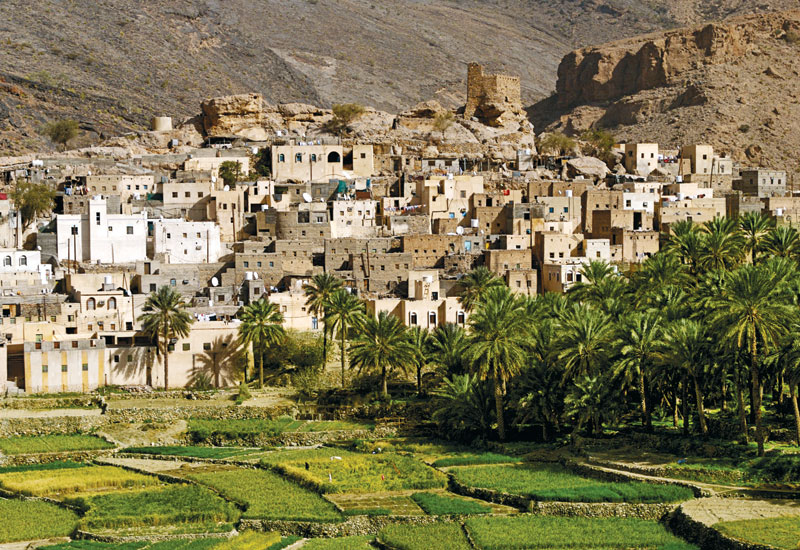Mid-market brands
Maturation on the higher end of Oman’s luxury rating has created a need for mid-market brands and international operators are looking to expand their portfolios appropriately. For example, last year saw Rezidor launch Park Inn, its flagship mid-market brand, for the first time in Oman.
“We recognised an opportunity for our Park Inn brand in Muscat because this market has been largely served by international brands aimed at the luxury traveller,” explains The Rezidor Hotel Group area vice president, Marko Hytönen. “Park Inn offers a fresh and innovative alternative to this by delivering a great, yet affordable hotel experience.”
The market need for mid-range concepts has also caught the eye of Premier Inn Hotels’ managing director Darroch Crawford, who has recently signed a joint venture agreement to develop Premier Inn properties in the country.
“I think that the country has a shortage of affordable hotels in several key locations and is therefore ideal for Premier Inn investment,” says Crawford. “Strategically speaking, we plan to establish Premier Inn as the leading brand in our sector of the market across the GCC, so Oman is a key target for us. We are currently working on our first property in Muscat followed by projects in at least two other areas.”

Advertisement
Eco-Brands
The slow-but-steady trend for responsible tourism in Oman has followed the Omani government’s policy of fostering a quality tourism experience — attracting visitors to its cultural heritage rather than promoting its beaches.
“Oman is becoming a popular eco-destination and is internationally known for its wildlife,” says IHG’s Kasselis. “There is bird watching, whale watching, diving and natural reserves for visitors to explore. It also has an unprecedented number of UNESCO-classified world heritage sites for its size.”
The Environment Society of Oman was established in the same year as Oman’s Ministry of Tourism and is tasked with preserving Oman’s environment — both natural and cultural. The result is a serious commitment to sustainable tourism development quite unlike any other country in the region.
“Oman is determined to promote itself as a high-quality destination aimed primarily at responsible tourists,” explains Mövenpick’s Mattmuller. “This is all part of Oman’s long-term vision, which is based on sustainability, cultural heritage, quality and security. These attributes offer great opportunities to investors in the long term.”
By fiercely protecting its Arabian culture and heritage, Oman has managed to foster a travel and tourism industry that rejects the cookie-cutter approach. Instead, Oman offers an authentic experience to visitors and hotels are encouraged to work alongside communities in a responsible manner.
This has informed the approach of Marriott, which is entering Oman in 2010 for the first time via Salalah with its 237-key property.
“This is a very authentic country and we do not want to turn up and impose ourselves upon the local community,” explains Marriott Hotels International area director for sales and marketing in the Middle East, Jeff Strachan.
“We prefer to grow into an integral member of the community, properly and responsibly. It is always wise to be understanding of the local customs and nuances and be sensitive to the opinions of the local community.”
Omanisation
According to Euromonitor International, Omani nationals currently account for 37% of the tourist industry’s workforce. By the end of this year, the government wants to increase this to 85%.
Having a high percentage of Omani nationals working in the industry will be successful on two fronts: not only will it create jobs for Omani locals, it will also strengthen the authenticity of Oman’s tourism experience and cultural heritage.
However, achieving the government’s Omanisation targets is forcing hoteliers, already coping with an international talent squeeze within the hospitality industry, to reconsider their recruitment strategies.









 Search our database of more than 2,700 industry companies
Search our database of more than 2,700 industry companies










Feb 16, 2010 , Oman
On what basis to you state that Blue City is the worst hit?